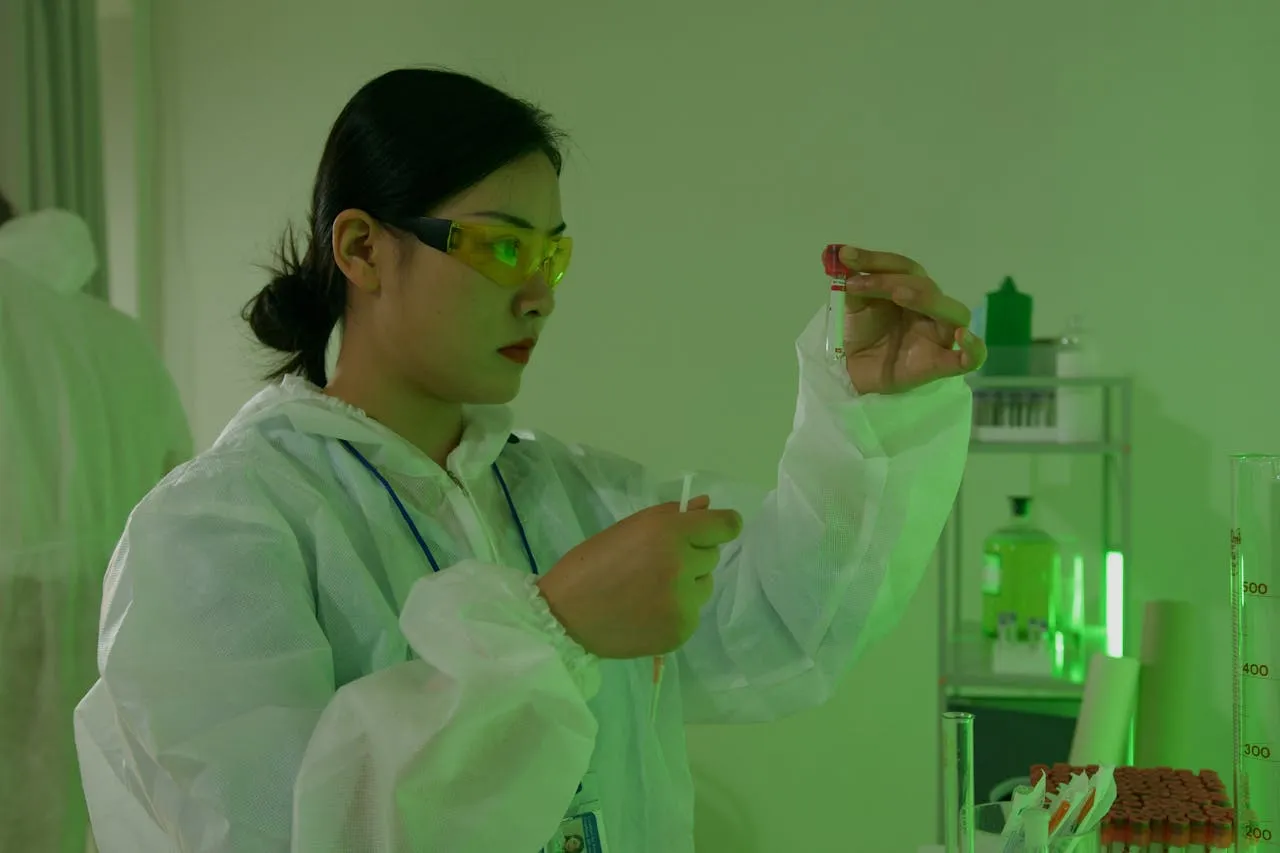
Cyrus Biotechnology, Inc. has announced new data demonstrating the potent activity of its engineered IgG-degrading enzyme, CYR241, in a rabbit redosing model. Importantly, the study revealed that CYR241 does not induce anti-drug antibodies (ADAs) after repeat administrations at therapeutic doses, unlike the wild-type (WT) version of the enzyme, which is known to provoke an immune response. This breakthrough positions CYR241 as a promising candidate for chronic autoimmune diseases, which have been difficult to treat with previous IgG-degrading enzymes due to their short half-life and strong immunogenicity.
The IgG-degrading enzyme from Streptococcus pyogenes (IdeS) has previously been approved for use in kidney transplant recipients to deplete IgG antibodies, thereby preventing host immunity from attacking the transplant. The enzyme has also shown strong efficacy in preclinical studies and is currently undergoing clinical trials for various conditions, including anti-GBM disease and Guillain-Barré Syndrome. However, broader therapeutic use of IdeS in chronic autoimmune diseases has been limited by its short half-life and the body’s strong immune response against the enzyme, particularly the production of ADAs, which neutralize its effectiveness after the first dose.
Cyrus Biotechnology has engineered CYR241 to address these challenges. The modified enzyme has a significantly extended half-life and has shown no signs of inducing ADAs in preclinical models, even after multiple doses. This makes CYR241 potentially redosable, offering the possibility of long-term treatment for autoimmune conditions that involve IgG antibodies, such as lupus and rheumatoid arthritis.
In a recent study, both CYR241 and the WT IdeS enzyme were administered to rabbits at two time points, 0 and 14 days. The study was designed to assess the pharmacokinetics (PK), pharmacodynamics (PD), and immunogenicity of the two enzymes. The results showed that while the WT IdeS enzyme induced strong IgM and IgG ADA responses within 5-7 days of the first dose, CYR241 remained free of any such immune responses even after repeated dosing. Moreover, the WT enzyme’s potency significantly decreased after the second dose, whereas CYR241 maintained its full activity, effectively reducing IgG levels upon both the first and second doses.
These results underscore the superior performance of CYR241 over the WT enzyme in terms of both redosability and potency. In the rabbit model, the WT enzyme’s efficacy was greatly diminished after the second dose, while CYR241 continued to reduce IgG levels to an even greater extent after redosing. This data suggests that CYR241 may provide sustained therapeutic benefits in chronic autoimmune conditions without the need for frequent dose adjustments or the risk of diminished effectiveness.
Dr. Tony Manning, Board Director at Cyrus and former CSO at Momenta Therapeutics, emphasized the potential of the engineered IdeS enzyme for IgG-driven autoimmune diseases, noting that the anti-FcRn class of drugs has already established the role of IgG reduction as a therapeutic strategy. However, the lack of a redosable, long-acting IdeS enzyme has been a major hurdle in the field until now. “In the autoimmune field, we have not had the technology to create a redosable, half-life-extended IdeS until Cyrus’s platform,” Dr. Manning said.
Cyrus’s hybrid AI- and screening-based platform played a key role in optimizing CYR241 for better glycosylation, which shields the enzyme from neutralizing antibodies (B cell responses). Additionally, the enzyme’s sequence was reengineered to minimize MHC binding and T cell activation, making it less likely to provoke an immune response. These modifications were critical in ensuring that CYR241 could be redosed without eliciting ADAs.
Looking ahead, Cyrus Biotechnology plans to present further details of this promising program at upcoming industry conferences. The company will attend the 2025 JP Morgan conference in San Francisco and provide more insights into the CYR241 platform and its deimmunization methods at the PepTalk conference in San Diego in January. As the field of autoimmune disease treatment continues to evolve, CYR241 represents a significant advancement in the development of redosable therapies that could improve the long-term management of these chronic conditions.
The results from this study have the potential to reshape the landscape of IgG-depleting therapies, offering a more sustainable and effective approach for patients with autoimmune diseases. With its potent activity, extended half-life, and lack of immunogenicity, CYR241 could pave the way for novel treatment options that address unmet needs in autoimmune disease management.





